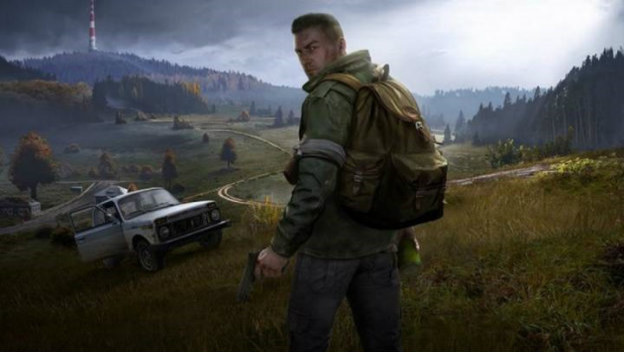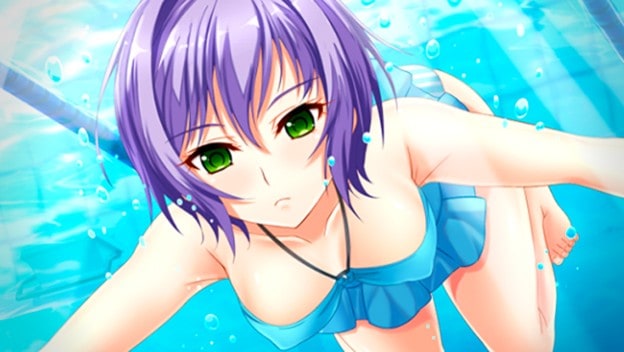If there’s one country that seems to be overzealous when rating games, it’s Australia. I mean, it has its own Wikipedia page for games it banned. Games which ended up appearing in other countries worldwide without any alterations. Given a number of snafus in 2019, it might make people wonder if maybe the country is too harsh. Is it going overboard when rating games? Especially since it will take an effort to stop physical copies of them from even being imported?
So, with DayZ, the issue Australia had with it was the cannabis items. This does make sense. Marijuana is a very real drug, and it is one that isn’t legal worldwide. Certain countries are going to take issue with its depiction in the game, seeing as how it could glamorize its usage. In the game, using it would have allegedly restored a player’s health. It was never officially implemented anywhere, so we can’t really know what it was or how effective it would even have been. Taking it out meant the Australian Classification Board gave it an MA15+, for people over the age of 15. Considering it would approve it for teenagers after the change, it makes sense. It didn’t want to glamorize a very real drug for kids.
What about We Happy Few , a game that has been banned, had it overturned after an appeal, and was under fire again in August 2019. The game involves a dystopian town where the people take Joy, a drug, that masks how horrible life really is. You can take Joy to keep from being suspected by people and make the game easier, which is that whole glorifying drugs thing that got DayZ in trouble. Except, it ended up getting an R18+, for ages 18 and up, when it was unbanned the first time. The second questionable act came right as Lightbearer, a DLC where you drink alcohol and take drugs to heal and restore yourself, was released. It ended up having an R18+ rating again. In this case, things seemed to be going a bit too far. Joy is clearly fake, this world is absolutely imaginary and banning didn’t seem necessary.
There’s also Hotline Miami 2 . Now, Australia first turned down this game when it originally came out in 2015. Why? Because there was an optional scene involving sexual violence during a Midnight Animal movie segment shown in the game. Before this segment triggers, the game allows you to skip the scene that alludes to the act. It released worldwide without being called out, but Australia said no. It refused to rate it originally. When The Hotline Miami Collection arrived on the Nintendo Switch in August 2019, it originally appeared in Australia on the eShop, marking the first time the sequel was available there. It briefly appeared as being rated MA15+, but was quickly pulled due to being Refused Classification. Which means it was banned. While that scene was mature and suggestive, considering movies get away with similar things, it seems odd to draw such a harsh line.

Which brings us to another recent release Australia didn’t allow in. Song of Memories is a Switch and PlayStation 4 visual novel. It has dating sim elements, is for a Mature audience in other regions, and involves people dealing with a deadly infection while also watching their male avatar get into incredibly suggestive situations with women who wear very little clothing. In short, it is a fanservice game where all of the characters are adults. Is it provocative? Yes. Does it really show anything? Well, it wouldn’t have made it onto the Switch or PlayStation 4 if it did. Yet, Australia said no to it. While some of it might have had to do with restraining, suggesting consent issues, it falls under, “Well, Australia lets movies do it. Why not games?”
There are situations where Australia’s approach to cracking down on games with certain activities makes sense. Yes, glorifying cannabis use in a country where it is not allowed and in a game where teenagers would otherwise be playing isn’t a good idea. But, many times it seems like it is banning games for things that movies and TV shows get away with all the time. It doesn’t seem quite fair and it doesn’t make much sense.
